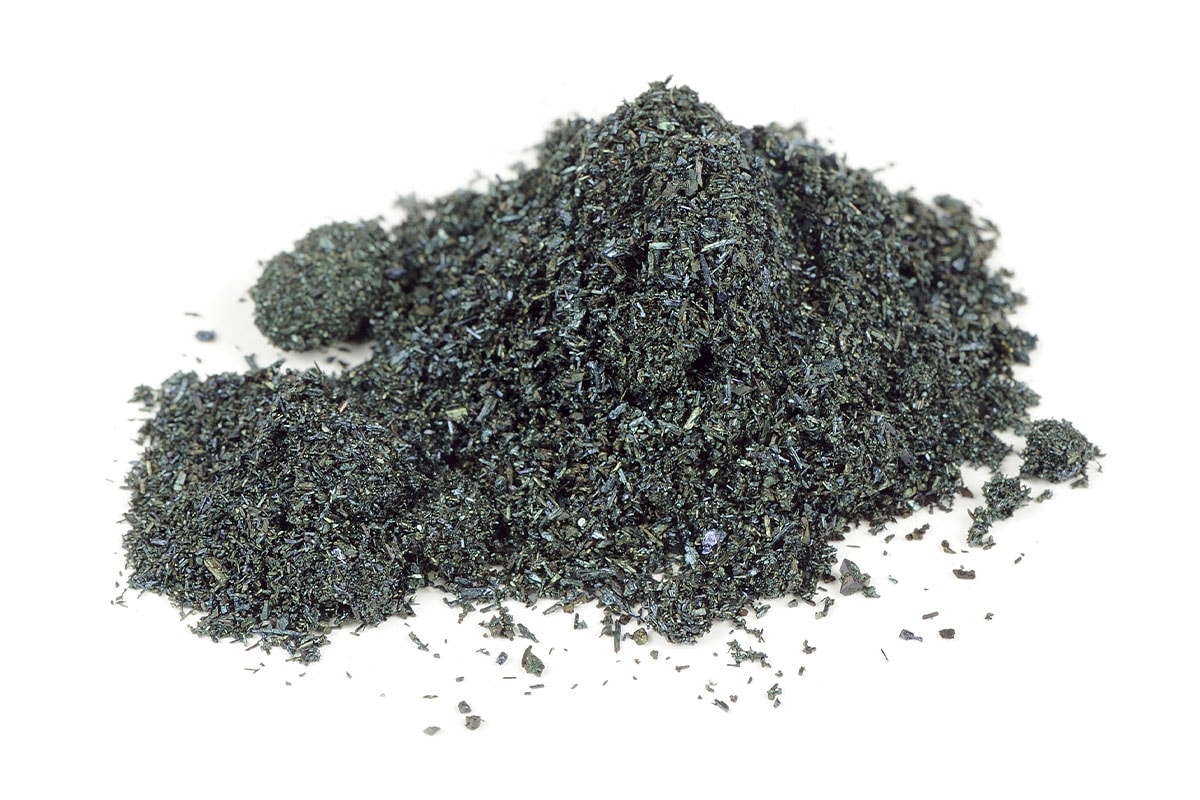The main character of our today's entry is boiler scale - a phenomenon that can affect anyone who uses the so-called hot water in their home. hard water. Let's start with a specialist definition - scale is a layer of sediment that is formed as a result of the precipitation of calcium and magnesium carbonate from water. The key to this process is the phenomenon of thermal decomposition of bicarbonates present in water.
Hard water, characterized by a high content of calcium and magnesium, becomes a "source" of scale. The process of precipitation of these minerals is particularly intense when the water is heated. That is why scale can be seen in various places - from the bottom of the kettle, through pipes, to heating boilers, from which its name comes.
Effects of the presence of boiler scale
Although scale is not directly harmful to our health, its presence has a number of negative effects, especially for our home budget. Boiler scale, deposited on heating elements, reduces the efficiency of equipment operation, which translates into higher energy costs. Its presence can shorten the life of equipment and increase the risk of failure, which in turn leads to the need for frequent repairs or even replacement of devices.
Therefore, despite the lack of a direct health risk, scale is a problem worth solving. The elimination of scale is beneficial not only from the point of view of device efficiency and energy savings, but also from the perspective of the comfort of using home appliances. Therefore, it is worth taking steps to prevent the formation of scale, or regularly remove the deposits that have already formed.
Scaling prevention
One of the easiest ways to prevent scale formation is to soften the water. Water softeners reduce the calcium and magnesium content, which results in less scale in the equipment. However, remember that softened water still contains other minerals that are beneficial to your health. Distilled water, which is devoid of mineral salts and most impurities, is a completely different product. The distillation process involves bringing water to a boil, then evaporating and condensing it, which removes impurities, but has nothing to do with the process of softening the water.
Water softening involves the removal or reduction of minerals such as calcium and magnesium, which are responsible for water hardness. However, this process does not remove all minerals from the water. Treated water retains a whole host of other minerals that are beneficial to the health and taste of the water. It is worth noting that you do not have to soften the water completely - you can adjust the amount of calcium and magnesium in the water to your own preferences and needs.



